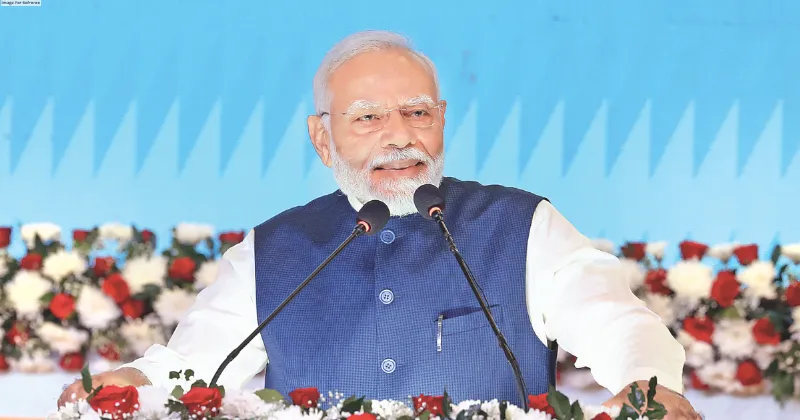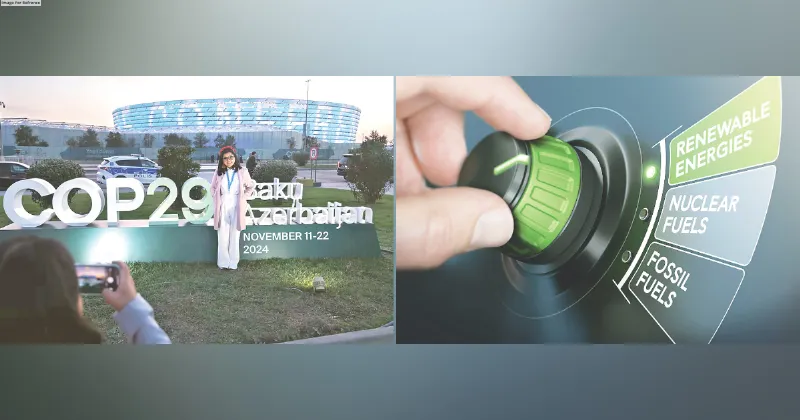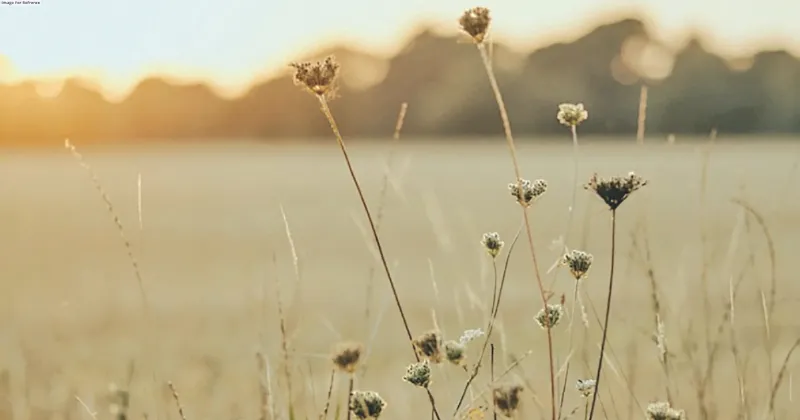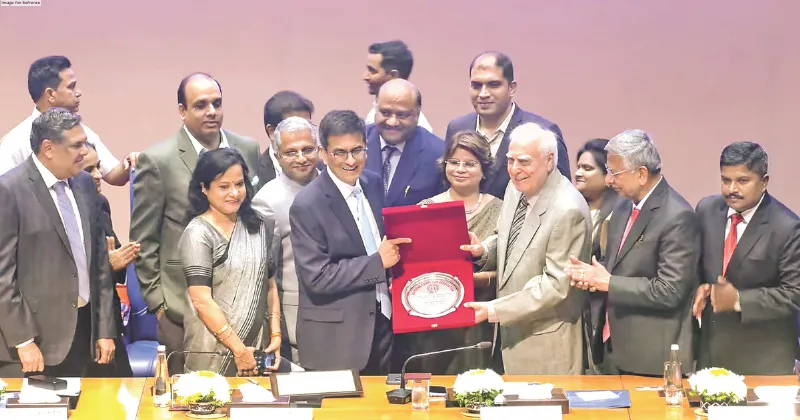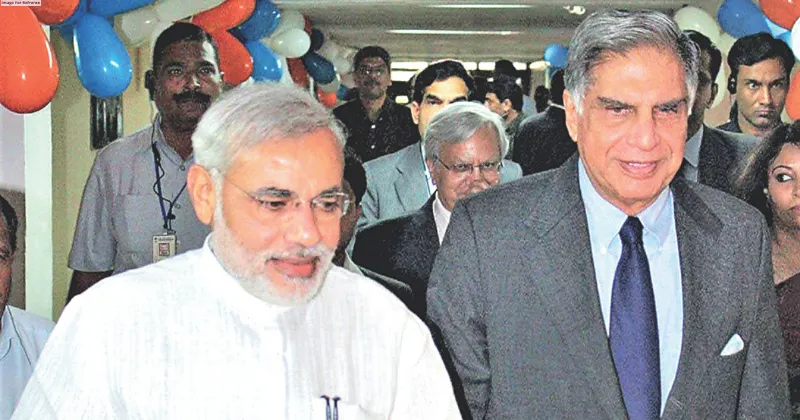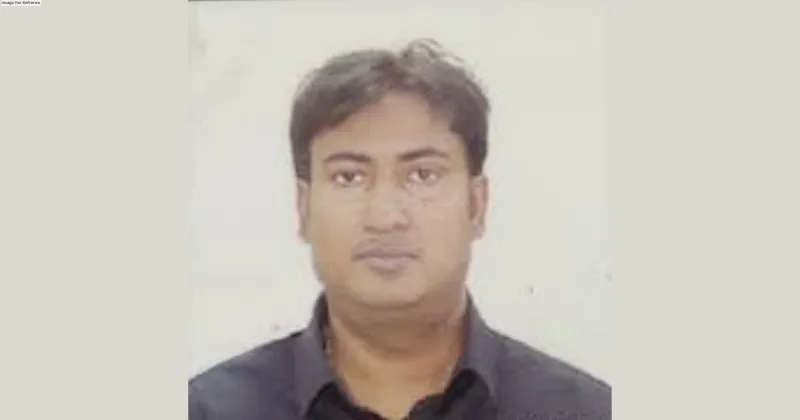Latest News
CONSCIOUS LIVING AND THE “AHA” MOMENT

One of the fastest ways to make a personal breakthrough occurs in an “aha” moment, a flash of insight that delivers an answer all at once. “Aha” moments are very desirable. Isaac Newton had one about gravity when he saw an apple fall from a tree (even though this popular story was never told by him), and Alexander Fleming had one about penicillin when he saw that a common green mold had spoiled his carefully cultured dishes of bacteria.
Yet “Aha” moments are unpredictable by their very nature, and no one knows— or even has a clue—why or how they occur. But the example of Fleming and penicillin gives us an important clue. “Aha” moments don’t occur unless you are paying attention. This won’t guarantee that a sudden, dramatic insight will come your way but the opposite is almost a certainty: if you aren’t paying attention, you are guaranteed not to get one.
The area of insight that counts the most in everyday life isn’t scientific but personal. To tap into your deepest awareness, you have to get out of your own way. An insight is a message from your core or essence. It gets blocked by the habit of routine thinking and fixed, automatic reactions. Yet once you start paying more attention, it isn’t hard to sort out the thoughts and feelings you value from the scrambled activity of your mind. Doing this allows the impulses that flow from deep awareness to rise to the surface. These impulses carry the highest values in human existence, namely,
- Love
- Compassion
- Empathy
- Joy, ecstasy, bliss
- Selflessness, altruism
- Courage
- Generosity of spirit
- Inspiration
- Creativity
- Insight
- Personal evolution
- Higher spiritual experiences
Where these impulses arise or when they evolved is a deep mystery. But one thing is certain. None of humanity’s highest values had to be invented. They flow naturally into everyone’s awareness from the source. This is where selfawareness comes in, as the ultimate tool in achieving a conscious way of life where paying attention comes naturally and brings results.
WHAT SELFAWARENESS CAN DO
- It can transcend the constant noise of the active mind.
- It can cultivate the silence of a quiet mind.
- It can listen for the impulses that arise from deeper awareness.
- It can tell you to act on those impulses.
All of this, however, begs the question: If self-awareness can do so much, literally transforming everyday life, why don’t we know about its power already? The answer is simple. You have actually been using self-awareness all your life, but you’ve been under-using it. Any sentence that begins with the word “I” refers back to yourself. Starting with the simplest expression —“I am,” “I’m here,” “I think,” “I want”— you are expressing your self-awareness. It’s safe to say that self-awareness is already a large part of your existence.
The problem is that “I” can be a tool for other, much less desirable, things: selfishness, egotism, and blind self-interest. These are blinkers that keep you from being more selfaware. The challenge centers on a universal dilemma, the dilemma of choice.
If I ask you to have dinner with me in New York, we could choose to eat at one of a thousand restaurants, including Italian, Japanese, Indian, Ethiopian, Chinese, Mexican, or Middle Eastern. Tonight if you want to watch a movie on Netflix, you have 3,800 to choose from.
But having too many choices can be paralyzing, just as paralyzing as having no choices. A baby nursing at her mother’s breast has almost as few choices (eat, sleep, cry) as a kitten. At the stage of walking and talking, however, choices explode almost without limit. There is no built-in genetic program for adapting to this explosion. (Life isn’t like McDonald’s, which is a comforting place thanks to its very limited menu.) Somewhere after two years old, potential chaos and disorder loom. This prospect is so confusing and anxiety-provoking that young kids surround themselves with mental safeguards whose sole purpose is to make life more predictable, in control.
You have inherited those safeguards from your younger self, but many have outworn their usefulness. Instead, they constrict your awareness. The construction of conformity, the need to belong, fear of criticism, and social pressure can make it feel that you have very few real choices left to you, in fact only two: Give in or break free.
By exiling so much experience into the hidden vault of the unconscious mind, you defend yourself from threats the same way you did as a child. But in adulthood, there is a heavy price to pay, as shown below.
YOU ARE UNAWARE WHENEVER YOU …
- Act from habit
- Speak impulsively
- Lose emotional control
- Trust your old, familiar reactions
- Resist uncertainty
- Fear change
- Take your opinions second-hand
- Follow social norms
- Protect your self-image
- Don’t tolerate looking like a loser
- Pretend to be better than you are
- Insist on being right
These unconscious behaviors are tenacious. They prevent you from getting out of your own way. We are quick enough to spot unaware behavior in others. Consider the things that people typically say when they are angry.
“Can you hear what you’re saying?” “You haven’t heard a word I said.” “Just take a look at yourself.” “It’s like talking to a wall.”
Anyone who has spoken from a place of anger and blame soon realizes that words don’t work if you want someone else to be more aware. When you are being tuned out, complaining only makes the other person tune you out more.
The same mechanism operates “in here” when you try to break through your ego defences. “What am I doing?” “I’m clueless.” “You idiot, who does things like that?” “What was I thinking?” You can’t win by arguing with yourself. Being unaware puts up a strong defence, which is why castigating yourself is futile.
THE VIEWS EXPRESSED BY THE AUTHOR ARE PERSONAL
DEEPAK CHOPRA The writer is MD, FACP, FRCP founder of the Chopra Foundation, a non-profit entity for research on well-being and humanitarianism, and Chopra Global


